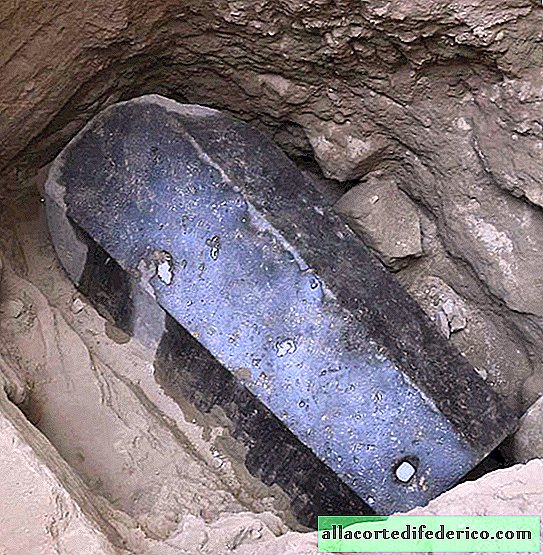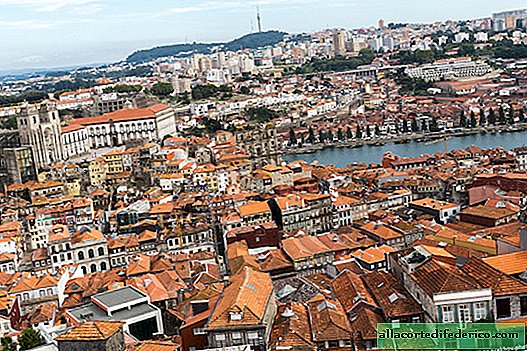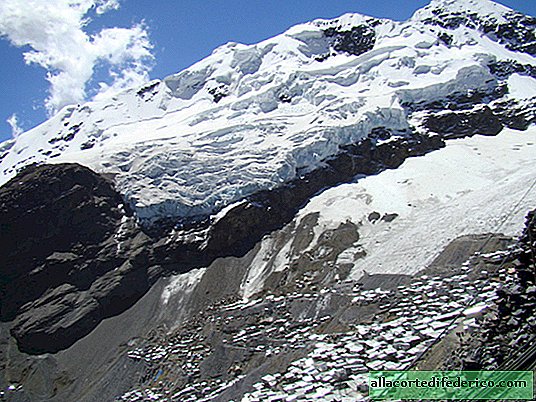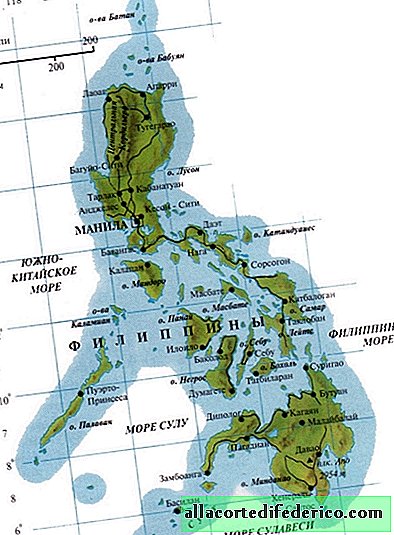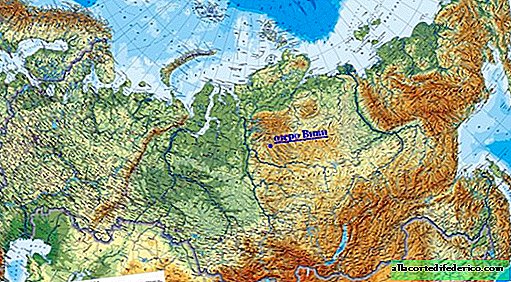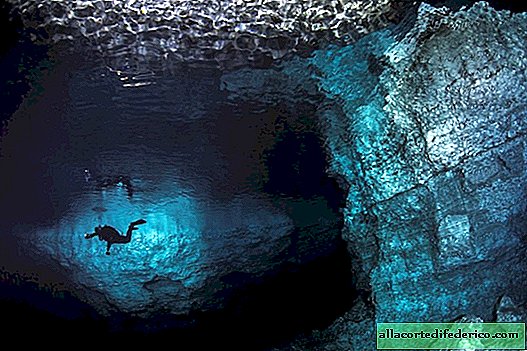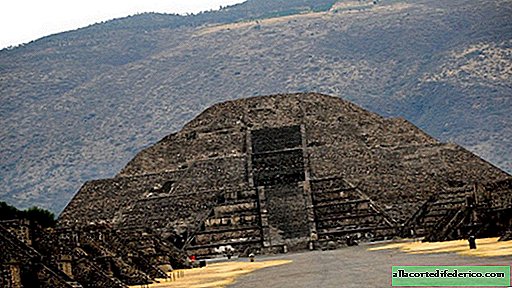Blow up a hurricane: is it possible to stop the onset of a powerful cyclone
A statement by the American president on the subject of the hurricane explosion has already circled the world before Donald Trump refuted his statement, calling it fake news. Nevertheless, this idea is not so new and not so incredible as it might seem at first glance. Scientists made similar proposals back in the middle of the last century. But how effective is this? Is it possible to really stop the movement of a powerful tropical cyclone?

Tropical hurricanes coming from the Atlantic Ocean are the biggest US natural problem. Neither earthquakes, nor snow drifts, nor droughts - nothing brings as much trouble as hurricanes. Their arrival annually results in billions of dollars in budget spending, losses for the country's economy and loss of life. Therefore, it is not surprising that politicians and scientists offer different ways to deal with this natural nuisance, including such incredible ones.

The use of a nuclear bomb, as one of the ways to stop the cyclone, has long been discussed by scientists. At least as far back as the 50s of the last century, when mankind realized the full power of a nuclear explosion, the first thoughts on this topic appeared. Scientists proposed to explode a powerful nuclear charge in the center of the cyclone. According to calculations, this would not help completely destroy the huge atmospheric system, but could reduce the power of the hurricane, minimizing damage. Such plans were widely discussed, but it did not reach practical application, since this method has a number of dangerous consequences. The use of a nuclear warhead itself poses a threat of the spread of radioactive contamination, and this process is difficult to control and predict. And given that on the coast of the United States and the Caribbean annually up to 3-7 powerful hurricanes fall, and more than 10 are weaker, it is difficult to imagine how much their destruction will result in using a nuclear charge. In addition, the use of nuclear weapons, albeit for peaceful purposes, will require coordination with other countries and the emergence of new international standards governing this issue.

In addition to the nuclear explosion in the center of the cyclone, there are other proposals for dealing with hurricanes. For example, scientists from Leeds University (Great Britain) propose to deal with destructive hurricanes by cooling the surface of the ocean at their places of formation. The power of the cyclone, its size and destructive power depend on the degree of heating of the upper layers of the ocean. In the hottest years, when there is an excess of temperature compared with the average statistics, the formation of the largest number of tropical cyclones occurs. Laboratory simulations have shown that the creation of artificial clouds and the shading of the Atlantic's surface in tropical latitudes will prevent water overheating and the formation of large-scale hurricanes. Of course, cyclones will occur, but they will be weaker. However, this method also requires significant financial costs, so in the near future we are unlikely to hear that we managed to prevent the onset of a powerful cyclone on land.


